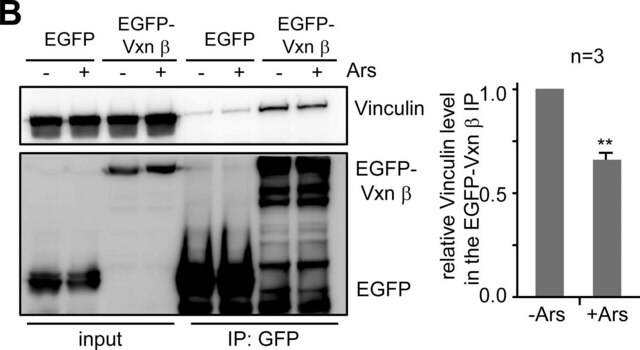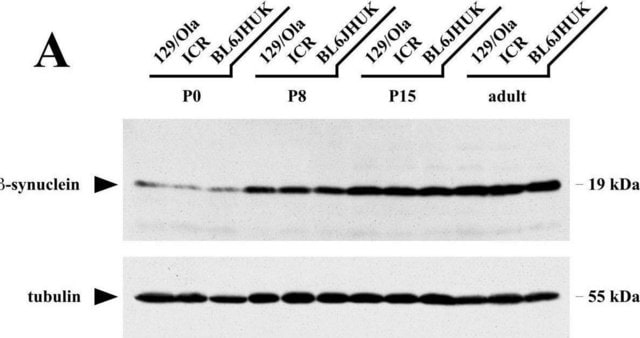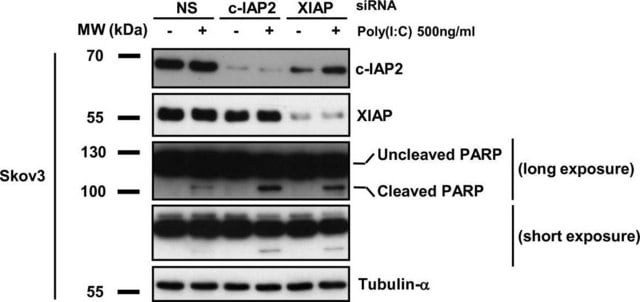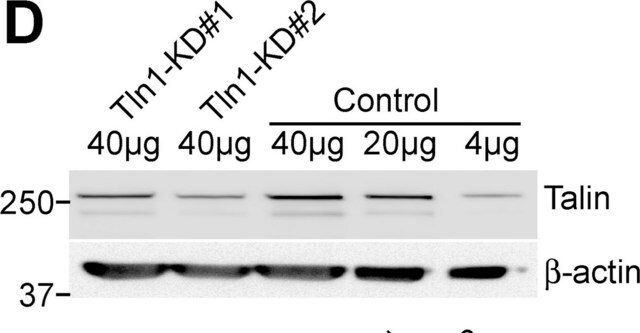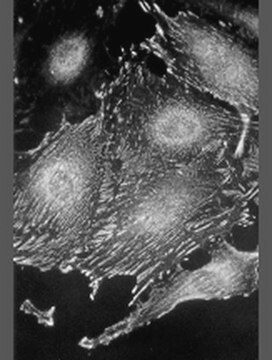V9131
Anti-Vinculin Antibody

mouse monoclonal, hVIN-1
Synonym(s):
Anti Vinculin, Vinculin Antibody, Vinculin Antibody - Monoclonal Anti-Vinculin antibody produced in mouse
About This Item
Recommended Products
product name
Monoclonal Anti-Vinculin antibody produced in mouse, clone hVIN-1, ascites fluid
biological source
mouse
Quality Level
conjugate
unconjugated
antibody form
ascites fluid
antibody product type
primary antibodies
clone
hVIN-1, monoclonal
mol wt
antigen 116 kDa
contains
15 mM sodium azide
species reactivity
frog, chicken, mouse, canine, human, bovine, rat, turkey
enhanced validation
independent
Learn more about Antibody Enhanced Validation
technique(s)
immunohistochemistry (frozen sections): suitable
indirect immunofluorescence: 1:400 using cultured human fibroblasts
western blot: 1:200 using extract of human fibroblasts
isotype
IgG1
UniProt accession no.
application(s)
research pathology
shipped in
dry ice
storage temp.
−20°C
target post-translational modification
unmodified
Gene Information
human ... VCL(7414)
mouse ... Vcl(22330)
rat ... Vcl(305679)
General description
Specificity
Immunogen
Application
- western blotting
- immunofluorescence staining
- immunohistochemistry
Biochem/physiol Actions
Disclaimer
Not finding the right product?
Try our Product Selector Tool.
recommended
related product
Storage Class Code
10 - Combustible liquids
WGK
WGK 3
Flash Point(F)
Not applicable
Flash Point(C)
Not applicable
Certificates of Analysis (COA)
Search for Certificates of Analysis (COA) by entering the products Lot/Batch Number. Lot and Batch Numbers can be found on a product’s label following the words ‘Lot’ or ‘Batch’.
Already Own This Product?
Find documentation for the products that you have recently purchased in the Document Library.
Customers Also Viewed
Articles
In the midst of beeping lab timers, presentations and grant deadlines, it is easy to take for granted the quality of lab reagents.
Learn differences in monoclonal vs polyclonal antibodies including how antibodies are generated, clone numbers, and antibody formats.
Immunofluorescence uses antibody-conjugated fluorescent molecules for protein localization, modification confirmation, and protein complex visualization.
Explore the basics of working with antibodies including technical information on structure, classes, and normal immunoglobulin ranges.
Protocols
Tips and troubleshooting for FFPE and frozen tissue immunohistochemistry (IHC) protocols using both brightfield analysis of chromogenic detection and fluorescent microscopy.
Our team of scientists has experience in all areas of research including Life Science, Material Science, Chemical Synthesis, Chromatography, Analytical and many others.
Contact Technical Service
